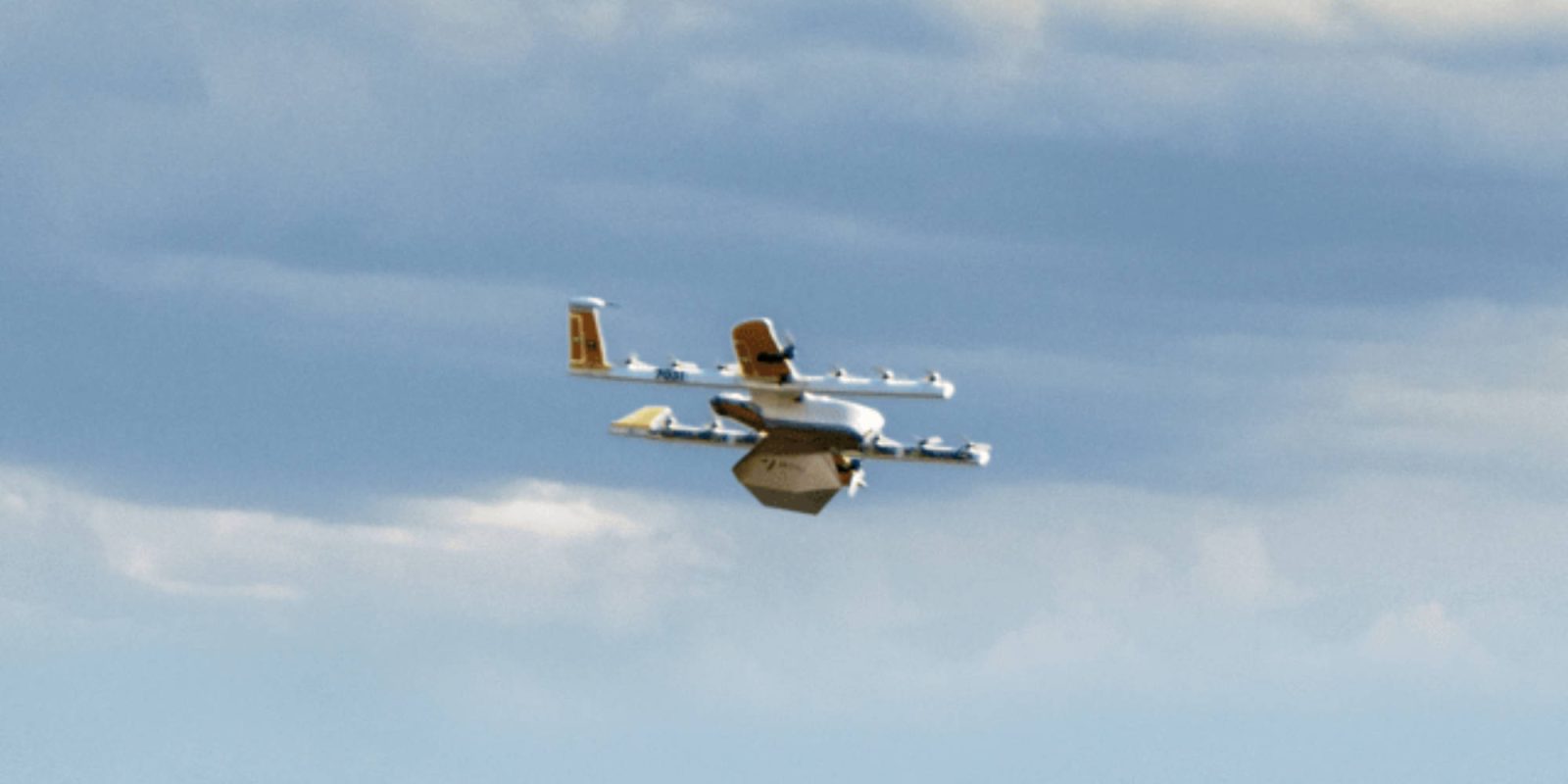
A research unit of Virginia Tech specialized in UAV traffic management (UTM) is leading a second phase of trials under Federal Aviation Administration (FAA) aegis aiming to advance work establishing effective, safe, and reliable systems for orchestrating flights of numerous drones sharing the same airspace.
The Virginia Tech Mid-Atlantic Aviation Partnership (MAAP )was chosen to lead one of the two teams in the FAA’s new UTM Field Test conducting trials of traffic systems to manage low-altitude flight of UAVs. This second phase of testing follows the FAA’s earlier UTM Pilot Program and marks the sixth major federal contract Virginia Tech has secured for researching drone air traffic networks.
The effort will involve MAAP partnering with Texas A&M University Corpus Christi’s Lone Star UAS Center of Excellence, along with companies developing various technological systems that must be integrated in a unified UTM network. To pull that off, data transmitted from diverse sources must be seamlessly relayed through multiple software platforms and hardware from an array of individual companies.
Read more: FAA announces new phase of UTM drone platform field tests
Among those currently partering with MAAP are ANRA Technologies, Collins, and OneSky, as well as Google’s drone delivery cousin Wing. Airspacelink, ATA LLC, Raytheon, and Streamline Designs are also providing software, hardware, and other tech assets in testing the project’s drone UTM network. Both the FAA and NASA provide oversight and consultative input to boot.
“You need a diversity of participants in research like this to make sure that the comprehensive industry perspective is considered,” said John Coggin, the MAAP associate director who has overseen all the unit’s major UTM trial programs. “It’s just like any other hard problem: You get the most useful result when you have as many stakeholders as possible providing input.”
But this latest test for MAAP’s UTM program is additionally charged with the pressure of wide-scale drone operations nearing launch, and requiring an effective airspace navigation program to permit currently nascent activities to fully take wing.
“We’re quickly getting to the point where traffic management is no longer a problem we can defer,” Coggin said. “We’re entering a transition from a state where we haven’t needed UTM to one where we definitely do need UTM. Research like this, that will help enable implementation in a way that’s evidence-based and prioritizes safety, is how we’re going to be able to navigate that big gray area between ‘don’t need’ and ‘must have.’”
Read: Ireland to host EU-backed project to create drone UTM system
Points of focus in the new UTM project include critical public safety and medical drone flights, how to responsibly provide access to information about UAVs of interest, and use of data for security and law enforcement from reliable, integrated systems secured with top cybersecurity assets.
To accelerate that work, the MAAP-led trials will use its rural test site in Kentland Farms, two facilities in urban Corpus Christi, and areas of Wing’s Christianville, VA commercial drone delivery operation to conduct UTM trials in live circumstances.
“These flight tests are critically important in the further development of UTM – the ability to take operational concepts and testing them in complex, ‘real-world’ environments,” said Mike Sanders, the executive director of the Texas test site. “We’re very pleased to be a part of the MAAP team and leverage our ongoing work in UTM to contribute to the depth and breadth of the testing environment.”
FTC: We use income earning auto affiliate links. More.



Comments